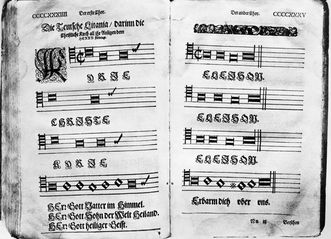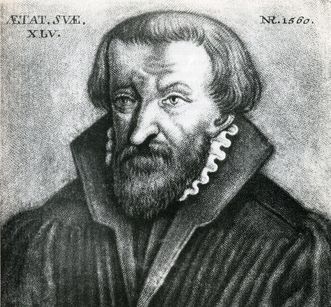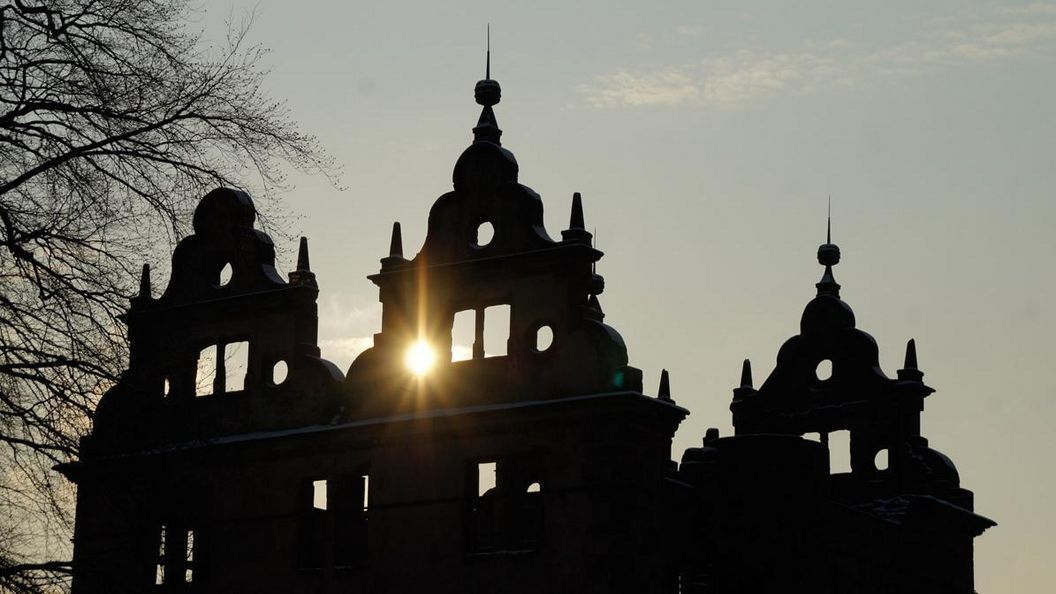MUSIC DURING MASS AND FOR ENTERTAINMENT
In addition to subjects relevant to later theological studies at the University of Tübingen, music was also a part of the students' daily lessons. They regularly sang psalms during mass and prayers. Surviving records often mention how important guests staying in Hirsau on their way to the spa towns Wildbad or Teinach were honored musically.






